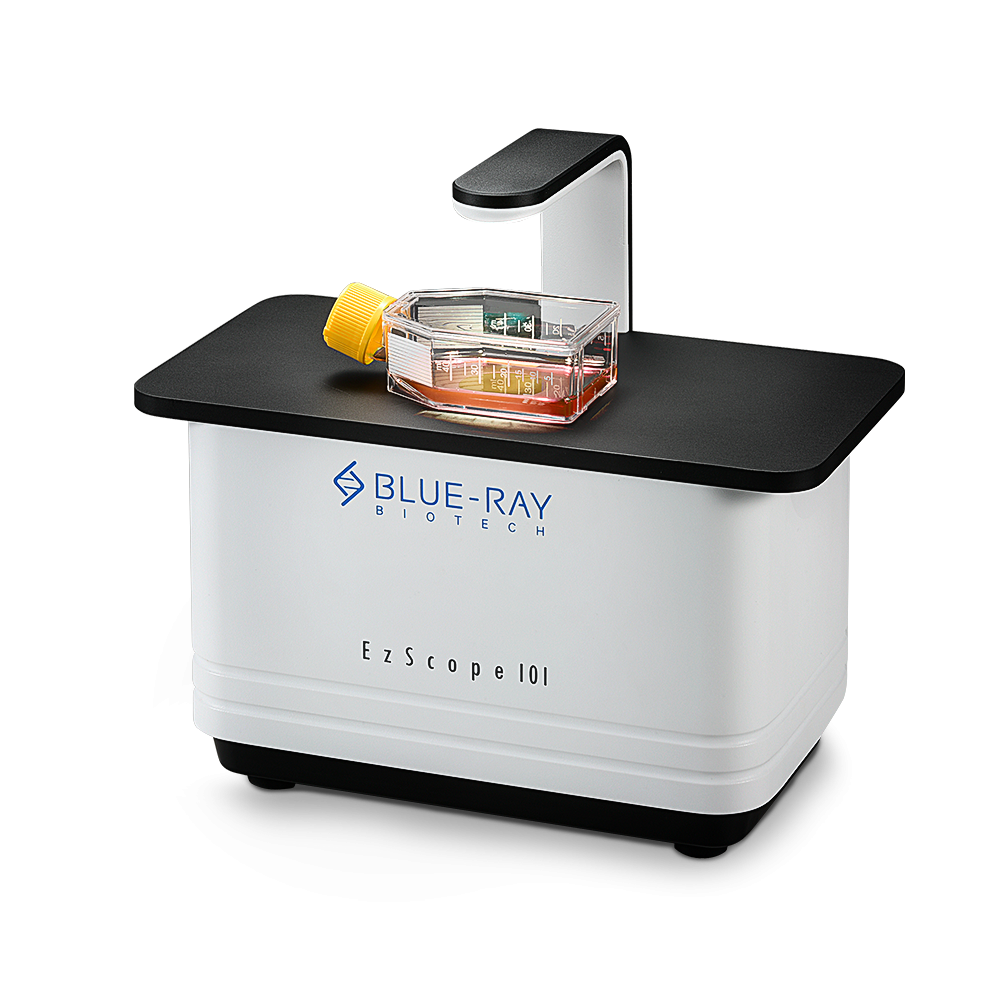Our solution
Our microscope-in-incubator EzScope is now part of the Molecular Oncology and Embryology group. They are using it to visualize and record the progress of organoids and their reaction in front of different drugs.
They grow lung organoids starting from the patient’s tumor tissue. After mechanical and enzymatic digestions and red blood cell lysis, with its washing and centrifuge steps in between, they achieve cell suspensions which culture in Matrigel.
Isogen Life Science visited the laboratory with a demo instrument, which stayed there for some days to make sure they were feeling comfortable with it. This time period helped researchers to make sure the instrument matched their work.\



